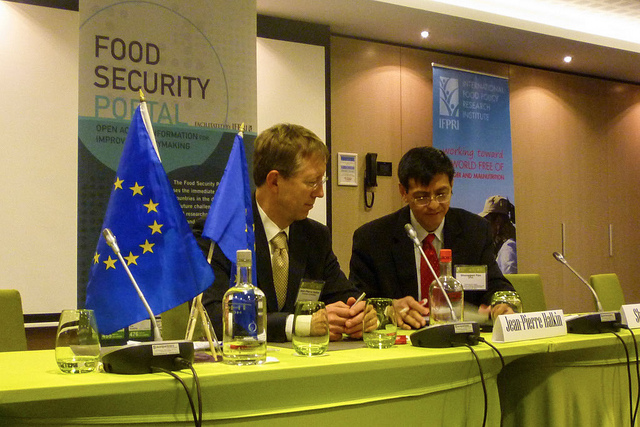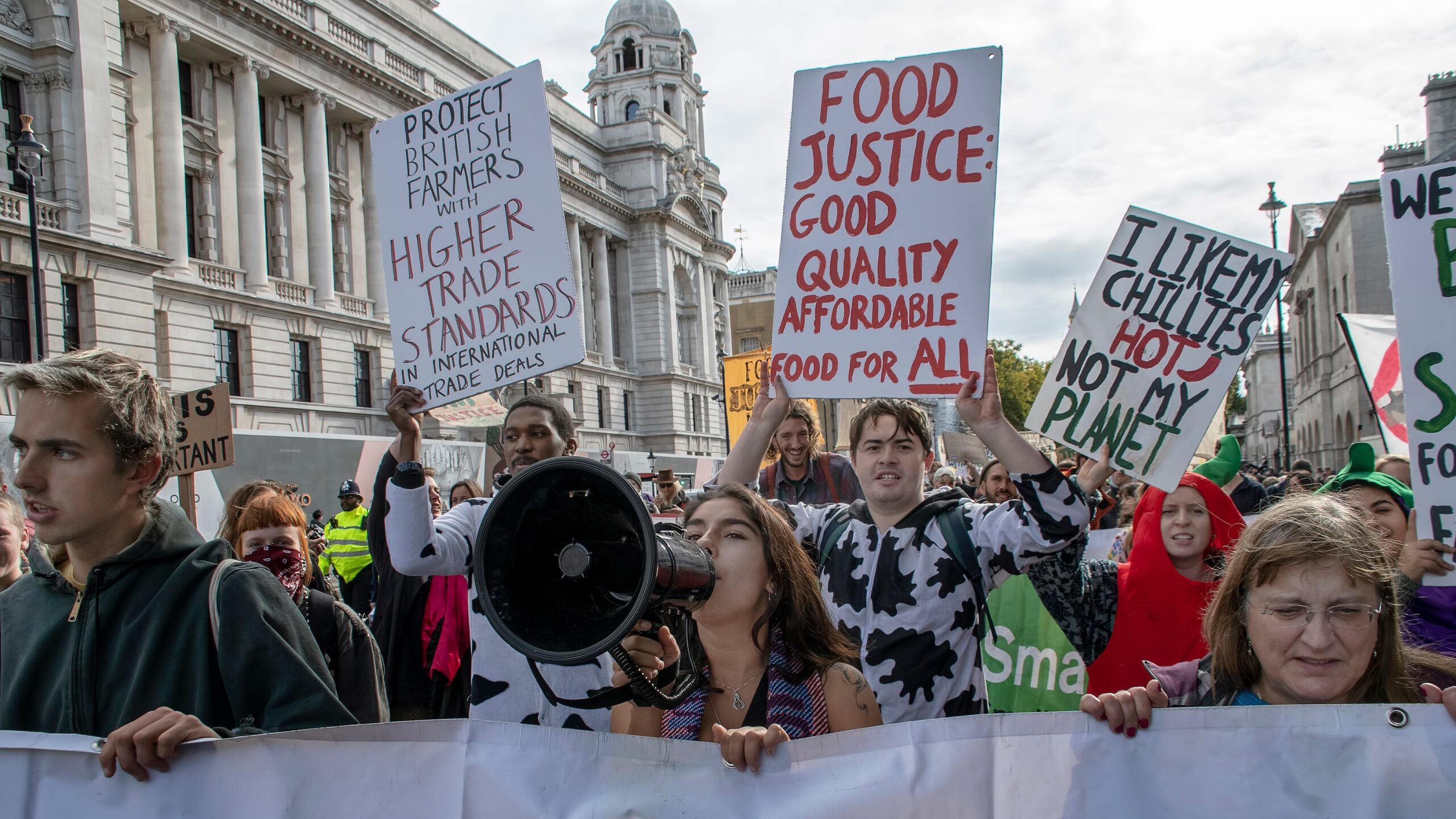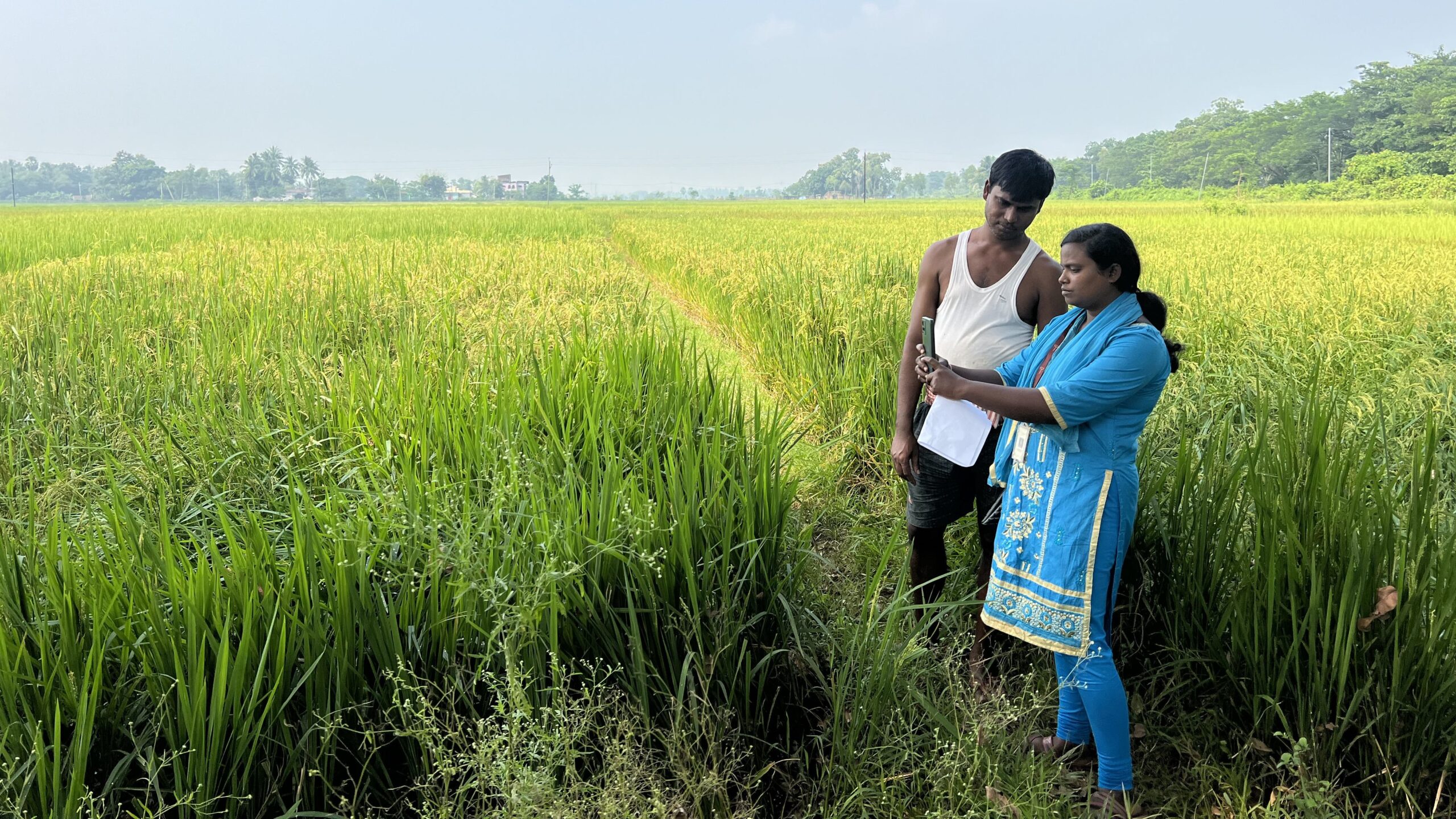The workshop “Partnering for Impact: IFPRI-European Research Collaboration for Improved Food and Nutrition Security,” held on November 25 in Brussels, brought together 80 participants and close partners of IFPRI from European governments and development agencies, universities and research centers, nongovernmental development organizations, and the private sector. The workshop highlighted the achievements of innovative research programs IFPRI and its partners have jointly undertaken; discussed the critical challenges we are facing; and reached a common understanding of the research and policy priorities needed to achieve food and nutrition security.
The workshop included presentations by IFPRI and selected European partners on joint research results in the following areas:
* Foresight of global food security;
* Value chains for nutrition and smallholder income;
* Economic impact of land degradation;
* Food security and conflict;
* Biofuels, food security, and the environment; and
* Integrating gender across research programs.
The final session of the program featured short presentations on the two IFPRI-led CGIAR Research Programs (CRPs): Policies, Institutions and Markets (PIM) and Agriculture for Nutrition and Health (A4NH) and a 10-person panel discussion on future food security research priorities. The panel produced a dynamic exchange on the challenges and opportunities for achieving impact through food and nutrition security research.
Significant attention was given to key topics, such as strengthening partnerships for translating research into impact and increasing private sector involvement in the development agenda. Discussions also centered on the youth and smallholder farmers. Enhanced investment in smallholders, particularly young women farmers, and a greater focus on youth employment are critical for improving livelihoods and food and nutrition security. Other important issues covered included the role of the media in linking research to impact; placing as much emphasis on failures as on successes; gaining a better understanding of how to engage in strategic and successful partnerships; and improving efforts to effectively enhance capacities for the development and use of fundamental analytical tools.
The workshop concluded with a ceremony during which the European Commission and IFPRI signed a European Union Contribution Agreement to initiate a second phase of the IFPRI-led Food Security Portal project, which aims to improve food and nutrition security for the poor and increase the resilience of their food systems in order to help the poor better cope with future crises.
There was agreement that the Partnering for Impact workshop will become an annual event for briefing European partners on emerging research results and identifying progress and gaps. This event will also serve as an important venue to strategize how IFPRI and its European partners can strengthen partnerships to better meet and anticipate the food and nutrition security challenges of today and tomorrow.
Related Materials
* Event: Partnering for Impact: IFPRI-European Research Collaboration for Improved Food and Nutrition Security
* Blog: Championing Food Policy Research: The European Commission







